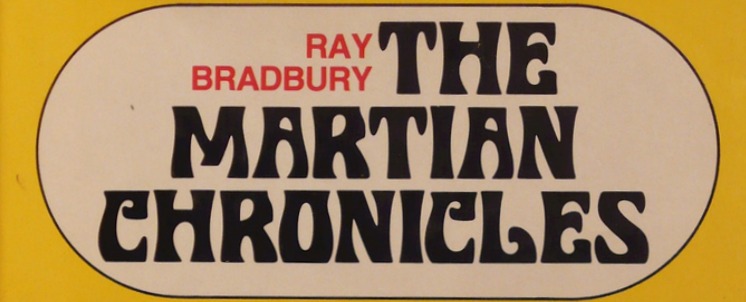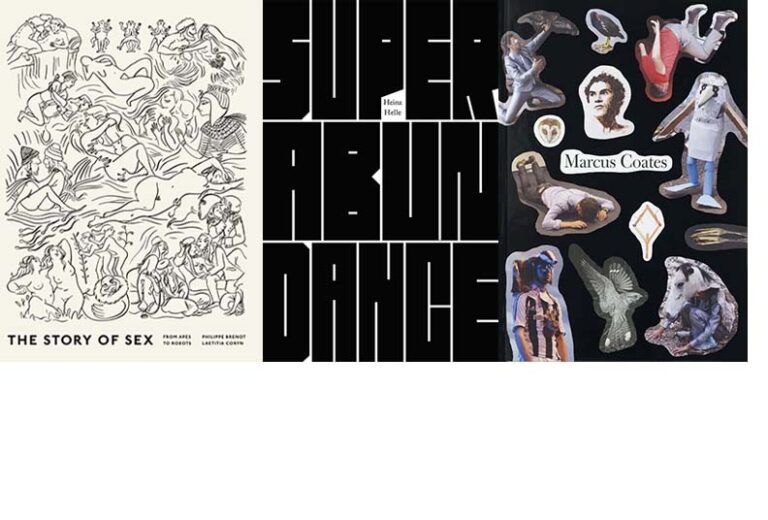Night Radio, Collect: Listening to Ray Bradbury

In the dark, being told stories carries weight. There’s a power there, for some stories, that doesn’t seem to exist during the day. When I was a child, my family would take daytrips in the car and when we drove home it would be night. My mom would turn on various audiobooks of stories and my brothers and I would be captivated. If there’s any one thing that I might point to as the reason I write, it might be this: that I’m always trying to recapture the comfort of those moments—our warm car, the darkness around, and always the stories coming from the speakers. We listened to a wide variety: the BBC production of Hitchhiker’s Guide, The Lord of the Rings, so many Stephen Kings. I loved the ones that had been dramatized specifically for listening: old Alfred Hitchcock radio plays and especially, especially, any that were dramatizations of Ray Bradbury.
“This is Ray Bradbury. Join me for the next 30 minutes on a tour through time and space. Come along to the far future, follow me to a strange past with stories that almost could be or might have been. Real or unreal.” This is how every episode of Bradbury 13 began. And then I would be lost. No matter how many times I heard them (and I must have heard each of the stories dozens of times, if not more), I always got lost in them. Whether it was walking through the ravine, with the lonely one not far behind, or colonizing Mars and finding myself slowly overwhelmed by the strangeness around me.
When I was old enough, I, of course, went straight to the Bradbury’s in book form. I read them in the way one reads the last letter from their true love. Every word sacred. Every page a picture I couldn’t stop looking at. While reading them didn’t conjure up the same feeling as listening to them, they did open my eyes to what sci-fi and the fantastic could be in literature. Bradbury’s work ranges from the elegiac to the ecstatic. No one writes about the loss of childhood, the realization of fears, in quite the same way. In the years since, I’ve added to my literary loves, so many other authors, but I always find myself returning to Bradbury.
Reading Bradbury’s stories as an adult, someone who both writes professionally and teaches writing, I still find such beauty and perfection within them. Bradbury’s words are part of my literary encyclopedia—that toolbox every writer and reader has in order to read the next book, write the next line.
But what, I wondered, of that first introduction to his work? Those stories that I listened to in the dark. Was there something extra special about them? Why when I think of home do I think of stories, of listening in the dark? Recently, for this essay in fact, I thought to re-listen to some of these pieces. To see if they still held true for me.
I turned on my favorite, “Dark They Were and Golden-Eyed,” and let the intro play out. I was immersed instantly but I didn’t feel the way I thought I should. There was no sweeping feeling of comfort, no falling into the story as if I could never get back out. And then I paused the recording, climbed onto my bed, and turned out the light. I turned the recording back on and, in the dark, silence, I was back on Mars. Lost in the best possible way and reminded that sometimes we need to be in the dark to find our ways back home.

